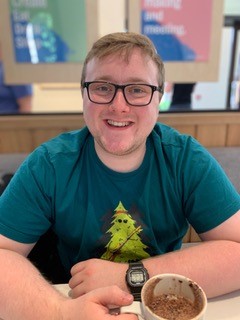
My Experience Studying Social Sciences
Written by Jonathan Winbow – Third Year BASS Student
Studying BA Social Sciences (BASS) at the University of Manchester is an extremely rewarding degree. As a third-year student, I have experienced a wide range of the flexible modules offered as part of the Social Sciences course; whether that be more traditional Political Theory modules in both my first and second year, or more contemporary modules such as ‘New Media’ or ‘Secrets, Lies and Mass Deception’ in second and third year. This flexibility on choice whilst studying at the University of Manchester is one of the key benefits I feel the BASS programme offers.
Studying BASS allows you to pick two/three ‘pathways’ from the Social Sciences department. These pathways can range from Philosophy to Data Analytics. I personally chose the pathway of Politics and Sociology and feel like this choice was the right one for me. The traditional politics modules which focus on a mix of topics – such as International Relations; Comparative Politics; Policy Making and others – seem to complement the more contemporary and diverse set of modules offered by the Sociology department. Here, the topics range from discussions surrounding Social Class in Britain or China to modules on Gender, Sexuality and Culture, and many more. This pairing is one which keeps me engaged in the literature and assessments, as there is a diverse assortment of topics which you explore throughout your time in Manchester.
Assessments in BASS tend to be focused on essays or written exams, where under timed conditions a theme or issue will be explored and analysed either throughout the module, or the end of the module. However, not all module assessment takes this form, for example modules such as the previously mentioned ‘Gender, Sexuality and Culture’ has a small oral presentation based around one of the workshop readings selected from the list of essential module readings. This presentation allows a chance for a different type of study skill to be analysed by the teaching staff.
The flexibility encouraged by this choice of course is evident in the first-year mandatory module ‘Engaging with Social Research’ which allows all first year BASS students to be introduced to the most important aspects of academia at university. Within this module, students are given small taster lecturers from leading researchers from across the entire Social Sciences department; allowing all BASS students to experience pathways which are different from those they may study across the rest of their degree. This experience was one which allowed me to encounter a varied range of subjects such as Philosophy and Anthropology – areas which I would not have been able to cover if I had chosen a different style of degree.






0 Comments